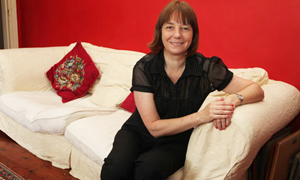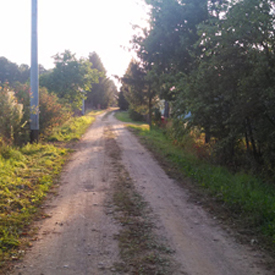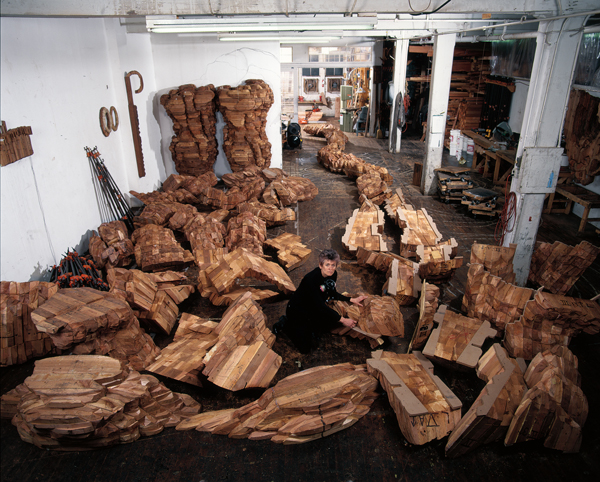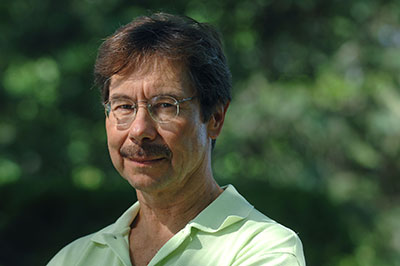
From the guardian.co.uk, by Frank Baron.
Used with permission.
CR gleaned some background information about Joanna Czechowska, the author of The Black Madonna of Derby, (reviewed in CR) from published interviews. We knew she was born in England to a Polish airman father and an English mother, and that in her early childhood she was not only raised by her Polish grandmother but spent the first ten years of her life in a community with postwar Polish refugees in the UK.
How much time did you spend within the Polish community?
JC: Ten years. During that time it was very Polish. The Saturday schools, the clubs, all that. When I was ten, my father died, and after that there was less contact. By the time I went to university in London, there was none at all.
Your book was written in English but first published in Polish, translated by your cousin. So you must have kept in touch with family in Poland, even though you drifted away from the Polish community in Derby.
JC: Yes, I visited Poland several times, and after my father died, my cousin came to visit us in England. We were, and are, still close. And now my daughter has contact with her Polish family, and has visited there several times.
Your Polish childhood memories resurfaced after some years, in part because of the new Polish immigrants. How do you see that early Polish environment after all this time?
JC: It was a very happy childhood, lots of affection, a close community. But, in a way, I can’t say it was a very happy environment. It was a bit mysterious, there was a feeling of nervousness. So many people had been traumatized, and they remained frightened. Speaking softly, almost glancing over their shoulders. I remember people with numbers tattooed on their arms, but nobody talked about it.
How did you feel in your “English” life?
JC: I never experienced any prejudice. In fact, a lot of people, especially the elder, often mentioned how wonderful the Poles had been during the war. But I was aware of something different about English girls. Their sense of security, self-confidence, of belonging here. Sometimes bordering on arrogance. But in general, I’ve not had any problems living in England.
And since the new wave of Polish immigrants?
JC: If anything is said at all, it is complimentary. I hear about the quality of Polish work, and praise for the Polish work ethic.
Is there another novel in the works?
JC: A lot of people have written asking for a sequel. Maybe that will be it. Writing a book is hard work. But still, I think another novel will come.
CR Hopes so.



